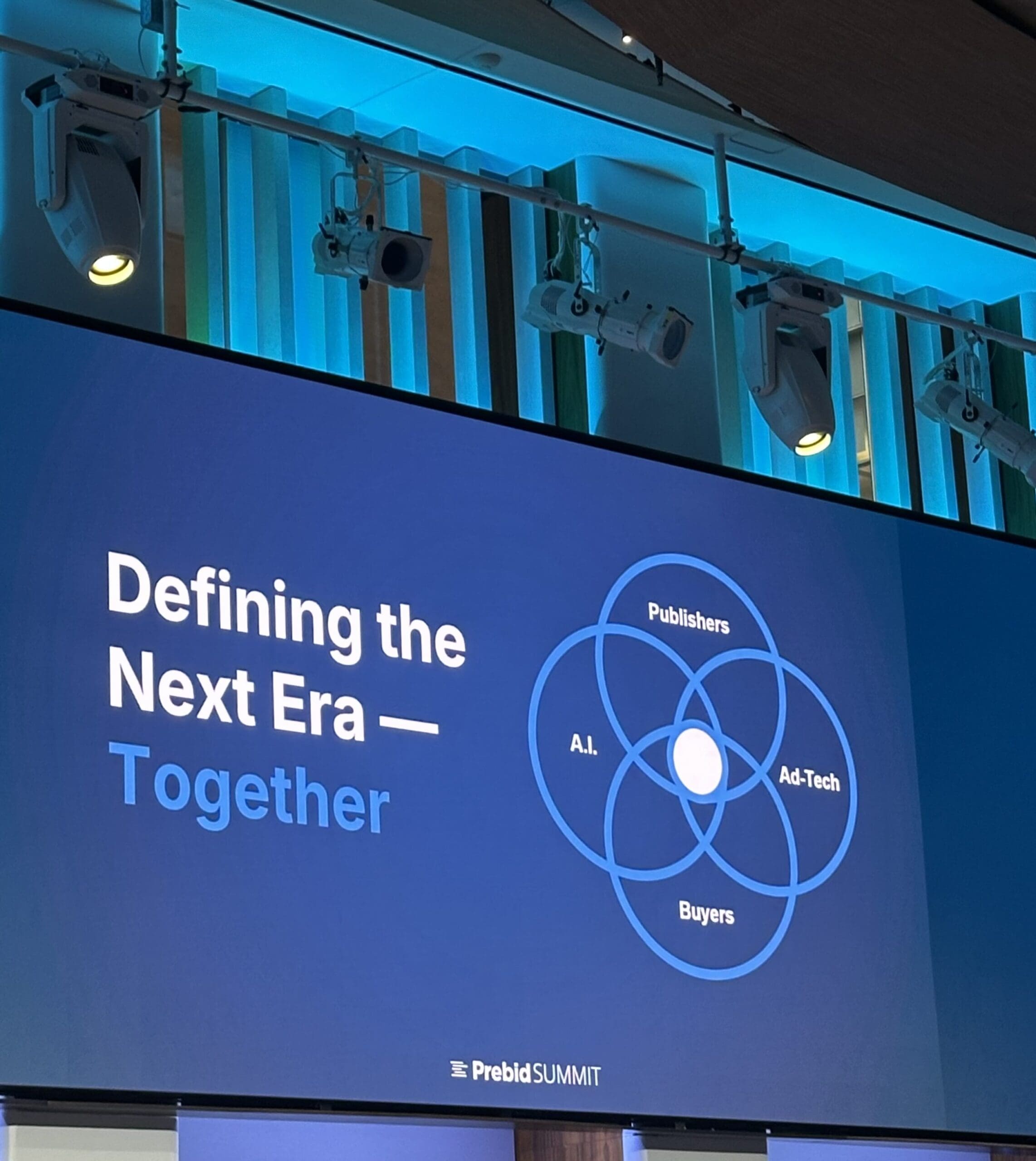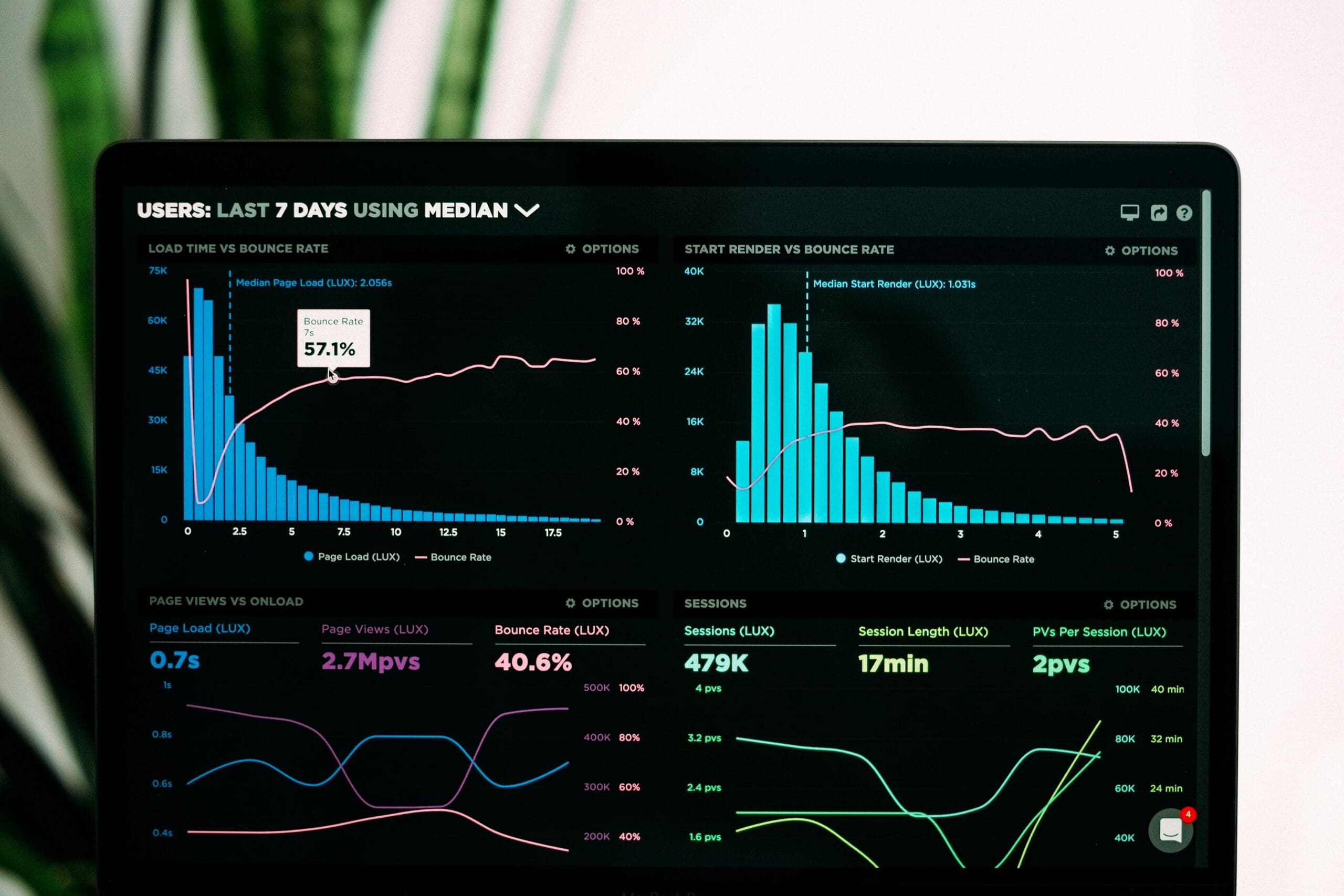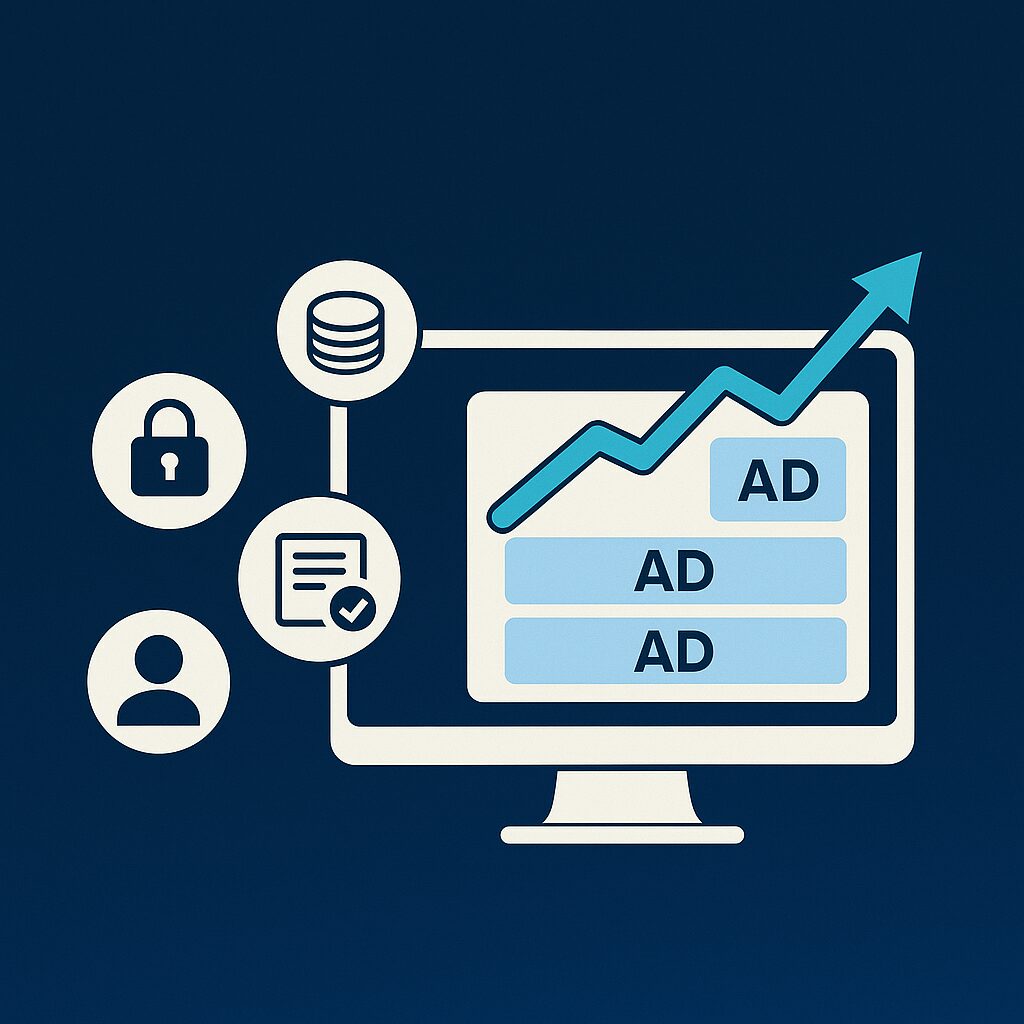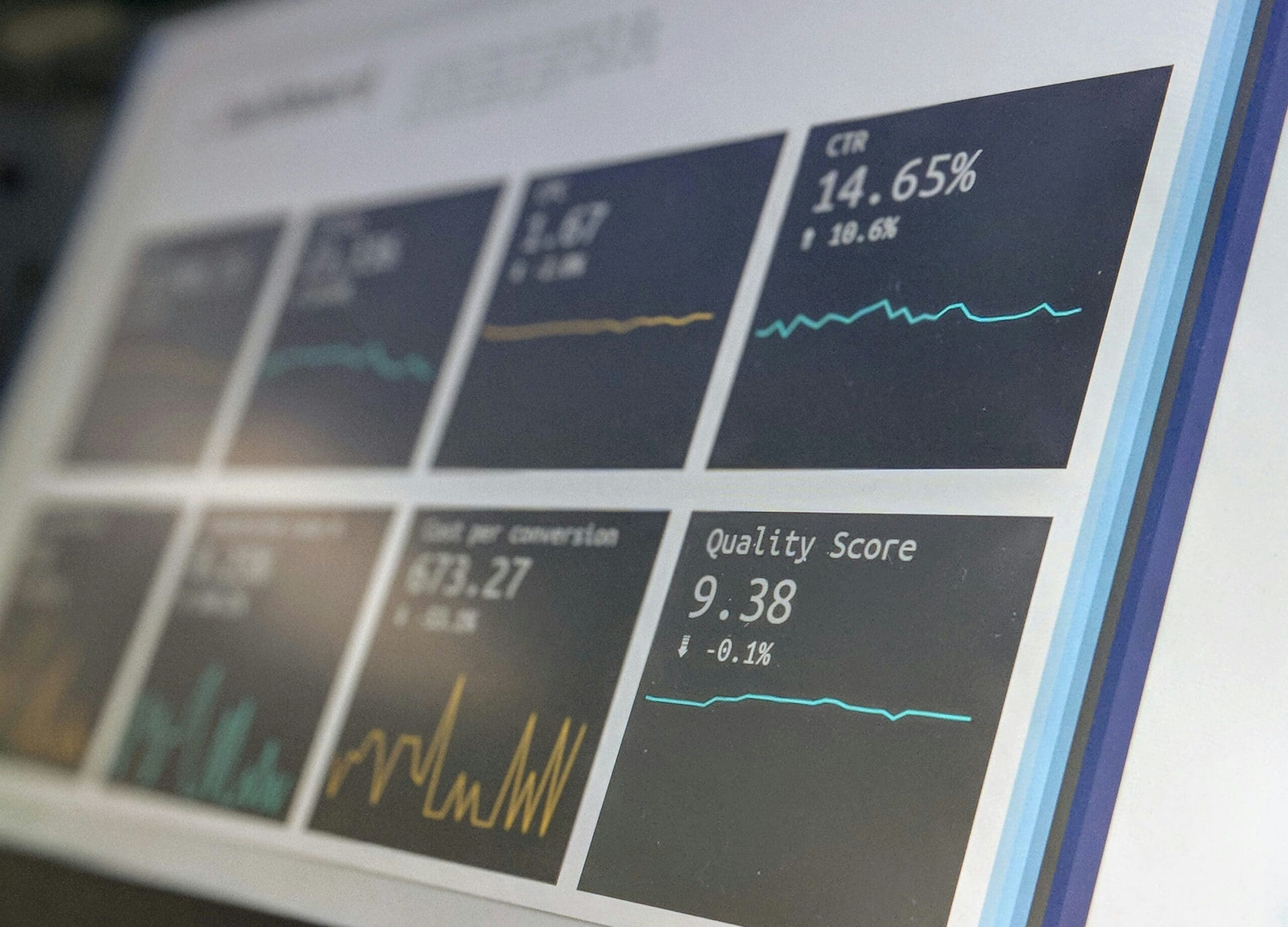Navigating first-party data technologies is essential for publishers aiming to elevate their data strategies and future-proof their businesses. This guide dissects platforms like Customer Data Platforms (CDPs) and Universal IDs, offering clarity and actionable insights to enhance your publishing endeavors.
First-Party Data: The Publisher’s Goldmine
First-party data is the cornerstone of publisher success in the digital age. It’s the information collected directly from your audience through interactions with your platforms. This data is invaluable as it provides deep insights into audience behaviors, preferences, and interests, enabling publishers to tailor content and advertising more effectively.
Customer Data Platforms (CDPs)
CDPs are centralized hubs for managing and utilizing first-party data. These platforms aggregate data from various sources, including websites, mobile apps, CRM systems, and more. They then organize, clean, and analyze this data to create unified customer profiles.
Key Features of CDPs:
- Data Integration: CDPs integrate with multiple data sources to create comprehensive customer profiles.
- Data Unification: They consolidate data from disparate sources to create a single view of the customer.
- Audience Segmentation: CDPs enable publishers to segment their audience based on various criteria for targeted marketing campaigns.
- Personalization: By leveraging unified customer profiles, publishers can deliver personalized experiences across channels.
How CDPs Enhance Publisher Strategies:
CDPs allow publishers to refine their content strategies, improve ad targeting, and enhance user engagement. By understanding detailed audience segments, publishers can create more relevant content and marketing messages, leading to higher user satisfaction and increased loyalty.
Universal IDs
Universal IDs, also known as persistent identifiers, are unique identifiers assigned to individuals across different platforms and devices. They enable publishers to recognize users as they move across the digital ecosystem, providing a seamless and personalized experience.
Types of Universal IDs:
- Authenticated IDs: These are tied to user accounts or logins, providing a high level of accuracy and privacy compliance.
- Probabilistic IDs: These IDs use algorithms and statistical models to make educated guesses about user identities based on various data points.
Advantages of Universal IDs:
Universal IDs help publishers maintain a consistent user experience across devices and platforms. They are crucial for personalized marketing, improving ad performance, and ensuring data privacy compliance.
Increased Inventory Value
By leveraging first-party data insights, publishers can offer advertisers highly targeted ad placements. This precision targeting increases the relevance of ads to users, resulting in higher engagement and conversion rates. Advertisers are willing to pay a premium for this level of targeting, thereby increasing the value of publisher inventory.
Enhanced Targeting Capabilities:
- Precision Targeting: Use detailed audience insights for more relevant ad placements.
- Higher Engagement: Targeted ads lead to increased user interaction.
- Increased Revenue: Advertisers pay more for highly targeted, effective advertising.
The Benefits of First-Party Data Technologies
Enhanced Audience Understanding: CDPs and Universal IDs provide deeper insights into audience behaviors and preferences, allowing publishers to create more engaging content.
Improved Targeting: Publishers can deliver more relevant and personalized content and ads, leading to higher engagement and ROI.
Data Privacy Compliance: By leveraging first-party data, publishers have more control over data privacy and compliance regulations, crucial in today’s privacy-focused landscape.
How Publishers Gather First-Party Data
Publishers gather first-party data through various methods:
- Login Walls: Collect user details such as names and email addresses.
- Interactive Content: Surveys, quizzes, and multi-step forms engage users and collect valuable data.
- Website Analytics: Track user behavior such as clicks, hovers, and transactions.
- Newsletters: Analyze email campaign metrics to understand user engagement.
- Payment Platforms: Collect purchase history and preferred payment methods.
- Mobile Apps: Extract user interaction data in a cookie-less environment.
First-Party Data vs. Third-Party Data
Understanding the differences between first-party and third-party data is crucial for publishers to adapt their data collection and ad targeting strategies effectively.
| Aspect | First-Party Data | Third-Party Data |
| Customer Relationship | Direct | Indirect |
| Data Collection | With consent | Often unknown |
| Accuracy and Reliability | High | Lower |
| Data Sharing | Not shared | Shared with third parties |
| Type of Data | Individual | Aggregate |
First-party data is collected directly by publishers, ensuring high accuracy and reliability. In contrast, third-party data is aggregated from various sources and may lack user consent, leading to lower accuracy.
Can First-Party Data Replace Third-Party Cookies?
While first-party data is vital for publishers that rely on ad revenue, it alone cannot fully replace third-party cookies. Publishers should adopt multiple data collection strategies to mitigate the impact of losing third-party cookies.
By combining first-party data with other data solutions, publishers can maintain effective ad targeting and monetization strategies in a privacy-first world.
Conclusion
Navigating first-party data technologies can seem daunting, but with a clear understanding of key concepts like CDPs and Universal IDs, publishers can unlock the full potential of their data assets. By harnessing the power of first-party data, publishers can drive revenue, foster audience loyalty, and stay ahead in an increasingly competitive landscape.













